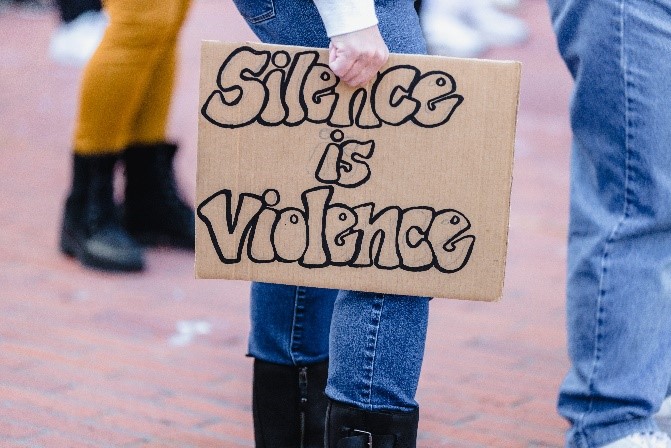
Domestic violence is a serious and pervasive issue that affects individuals and families across England and Wales. Understanding the laws and legal protections in place is essential for safeguarding yourself and your loved ones. In this blog, we will explore the domestic violence laws and the legal avenues available to protect yourself and your family from abusive situations.
- Recognizing Domestic Violence
Domestic violence encompasses physical, emotional, psychological, or financial abuse within an intimate relationship or family setting. It can involve acts of control, coercion, threats, or violence.
- Legal Protections
In England and Wales, several laws and legal protections are in place to address domestic violence, including the Family Law Act 1996, the Protection from Harassment Act 1997, and the Domestic Violence, Crime, and Victims Act 2004.
- Obtaining a Non-Molestation Order
If you are a victim of domestic violence, you can seek a non-molestation order from the court. This order prohibits the abuser from using or threatening violence and may also include prohibitions on contacting you or your children.
- Applying for an Occupation Order
An occupation order can determine who has the right to live in the family home. It can also specify exclusion orders, which require the abuser to leave the premises and not return.
- Reporting to the Police
If you are in immediate danger, contact the police. They have the power to arrest the abuser and can issue a police information notice or a domestic violence protection notice if necessary.
- Seeking Support and Refuge
Many organizations and refuges in England and Wales provide support, advice, and temporary shelter for victims of domestic violence. These services offer essential assistance to those seeking to escape abusive situations.
- Confidentiality and Privacy
It’s crucial to keep your safety in mind when seeking help. Legal proceedings and discussions with support services can often be kept confidential to protect your privacy.
- Child Protection
If children are at risk or have witnessed domestic violence, they may also be eligible for protection. The court can issue orders to protect children, including child arrangements orders, prohibiting contact with the abusive parent, or specifying supervised contact.
- Ongoing Support and Counselling
After obtaining legal protection, it is essential to seek ongoing support and counselling for yourself and your family. Many organizations offer counselling and assistance to help victims rebuild their lives.
- Legal Aid and Legal Representation
In some cases, legal aid may be available to help you with legal proceedings. Legal representation from a solicitor experienced in family law can be invaluable in navigating the legal aspects of domestic violence cases.
In conclusion, domestic violence is a deeply distressing and unlawful issue, and there are legal protections in place to help victims in England and Wales. It’s crucial to recognize the signs of domestic violence, understand the legal options available, and take steps to protect yourself and your family. Seeking support from professionals, support organizations, and legal experts is essential in achieving safety and justice. Remember, you are not alone, and there are resources available to help you break free from domestic violence and rebuild a safer future for yourself and your loved ones.




